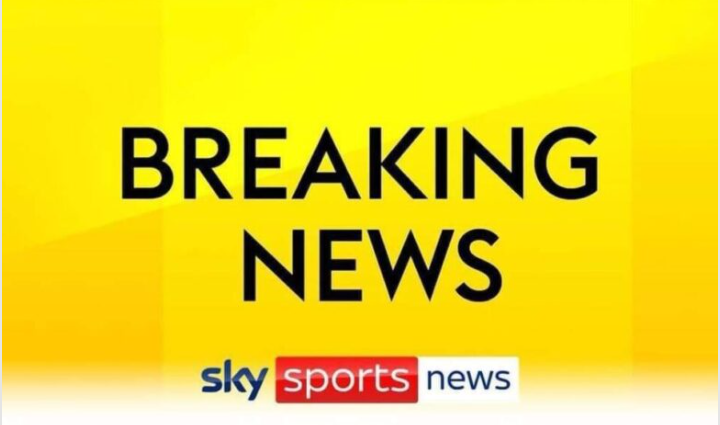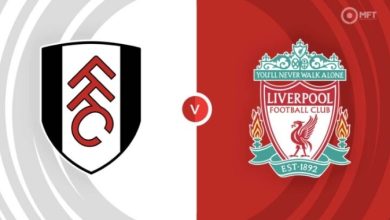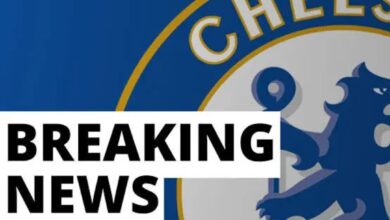Coming from UEFA this morning VERY SAD NEWS has been announced for Manchester United after winning the FA cup against Manchester City, Manchester United will not Play UEFA Europa League next season

Following their exhilarating triumph in the FA Cup against Manchester City, Manchester United awoke to distressing news from UEFA today: their exclusion from the UEFA Europa League in the upcoming season. This verdict ripples beyond the Red Devils, with Newcastle also barred from European contests and Chelsea demoted from the Europa League to the Conference League.
UEFA’s decision reverberates profoundly, with Manchester United potentially descending to the Conference League alongside Chelsea, marking a descent to the third echelon of European football. The genesis of this conundrum lies in UEFA’s stringent regulations concerning multi-club ownership.
The crux of the matter revolves around OGC Nice, a French outfit owned by Ineos, Sir Jim Ratcliffe’s conglomerate. Nice clinched their Europa League berth by clinching fifth place in France’s top flight. However, Ratcliffe’s substantial stake in Manchester United, presently standing at 27.7%, presents a palpable conflict under UEFA’s statutes. As stipulated in Article 5.01 b of UEFA’s regulations, no individual or entity can exert influence, directly or indirectly, over the management, administration, or performance of more than one club participating in UEFA competitions.
According to reports from L’Equipe, Ineos intends to inject an additional £245 million into Manchester United’s infrastructure endeavors, potentially raising their ownership to over 30%. If this capital infusion materializes, it would transgress UEFA’s ownership regulations, potentially relegating one of the implicated clubs to the Conference League.
This development casts a pall over Manchester United’s European ambitions. UEFA’s edicts are unequivocal: flouting the multi-club ownership dictum would expel one of Ratcliffe’s clubs from higher-tier European contests, consigning them to the Conference League or worse, exclusion. Consequently, Manchester United, notwithstanding their recent domestic triumphs, may confront expulsion from the more prestigious UEFA tournaments.
For Manchester United, this predicament shrouds their European future in uncertainty. The club boasts a storied legacy in the Champions League and Europa League, rendering this prospective exclusion a significant setback. Fans and stakeholders grapple with a nebulous future, pondering the repercussions of UEFA’s ruling and the trajectory of their cherished club.
Meanwhile, for Nice, the priority remains safeguarding their hard-earned place in the Europa League. However, the looming specter of UEFA’s ownership statutes threatens to derail their European odyssey. The intersection of financial investments and regulatory adherence now emerges as a pivotal juncture for both clubs.
In summary, the intricate interplay between multi-club ownership and UEFA’s rigorous regulations has ensnared Manchester United and Nice in a precarious quagmire. The forthcoming decisions by UEFA will not only chart the immediate course of these clubs in European competitions but also establish a precedent for addressing analogous ownership quandaries in the future.




